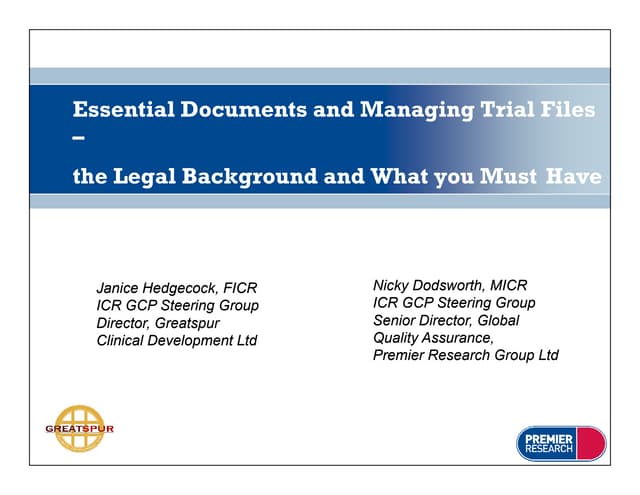Essential Documents for Probate: A Complete Checklist

Probate is the legal process through which a deceased person's estate is distributed to their heirs or beneficiaries. This process involves several critical documents, each serving a specific purpose to ensure the legal and efficient transfer of assets. This comprehensive checklist will guide you through the documents you need to gather for probate, whether you're an executor, heir, or beneficiary.
Gathering the Basic Probate Documents

The first step in the probate process is collecting all the fundamental legal and personal documents:
- Death Certificate: This is your primary proof of the deceased's passing. Multiple originals are needed for various legal purposes.
- Will: If the deceased left a Will, this document dictates how the estate should be distributed.
- Letters Testamentary or of Administration: These are court documents that grant you legal authority to manage the estate.
- Court Petition: A formal request to open the probate process, filed in the county where the deceased resided.
- Proof of Heirship: Documents like birth certificates or affidavits to establish lineage when there is no Will.
⚠️ Note: Ensure that you have certified copies of the death certificate. Originals are often required for certain legal proceedings.
Financial and Estate Inventory Documents

Once you have established the initial legalities, you need to inventory all financial accounts and assets:
| Document | Description |
|---|---|
| Bank Statements | Needed for each account to ascertain the total estate value. |
| Investment Accounts | Brokerage, retirement, and any investment statements. |
| Life Insurance Policies | Information on all policies, including beneficiaries and amounts. |
| Real Property Records | Deeds or title documents for properties. |
| Personal Property Valuations | Appraisals or estimates of personal items like jewelry, art, or antiques. |
| Debts and Liabilities | Any outstanding mortgages, loans, or bills. |

Tax-Related Documents

Tax documentation is critical to ensure all financial obligations are met:
- Income Tax Returns: The most recent returns help determine any taxes owed or refunds due.
- Estate Tax Returns: You may need to file Form 706 if the estate exceeds a certain threshold.
- Valuation Documents: For real estate or high-value assets, professional appraisals might be required.
- Business Interests: If applicable, business tax returns and ownership documents.
💡 Note: Failure to file estate tax returns can result in penalties, so ensure all tax matters are addressed in a timely manner.
Legal and Administrative Documents

Lastly, gather the paperwork related to legal matters and estate administration:
- Trust Documents: If the deceased had a trust, these will govern how trust assets are handled.
- Gifts and Donations: Records of any significant gifts made in the last few years that could impact estate tax.
- Contracts and Agreements: Including prenup or postnuptial agreements, business contracts, or partnership agreements.
- Other Legal Documents: Divorce decrees, power of attorney, or healthcare directives might affect estate distribution.
This extensive documentation ensures that all aspects of the estate are accounted for, allowing for a seamless probate process. The role of the executor is to compile, verify, and manage these documents to facilitate asset distribution.
To summarize, the probate process requires an intricate checklist of documents to ensure legal and efficient transfer of assets. Starting with basic probate documents, moving to financial and tax-related documents, and finally, addressing legal and administrative issues, this checklist has provided you with the roadmap to navigate probate. Whether you are an executor, heir, or beneficiary, these steps will guide you through the legal labyrinth of probate administration. Remember, meticulous attention to detail and organization will smooth the process, and seeking professional legal advice when needed can be invaluable.
What if the deceased did not leave a Will?

+
If there is no Will, the estate is distributed according to state intestacy laws, which determine how assets are divided among surviving relatives.
How long does probate take?

+
The duration of probate varies but can typically take from 6 months to a couple of years, depending on estate complexity, disputes, and court backlog.
Do all estates need to go through probate?

+
Not necessarily. Some assets like jointly owned property, certain bank accounts, or life insurance policies with designated beneficiaries might bypass probate.



